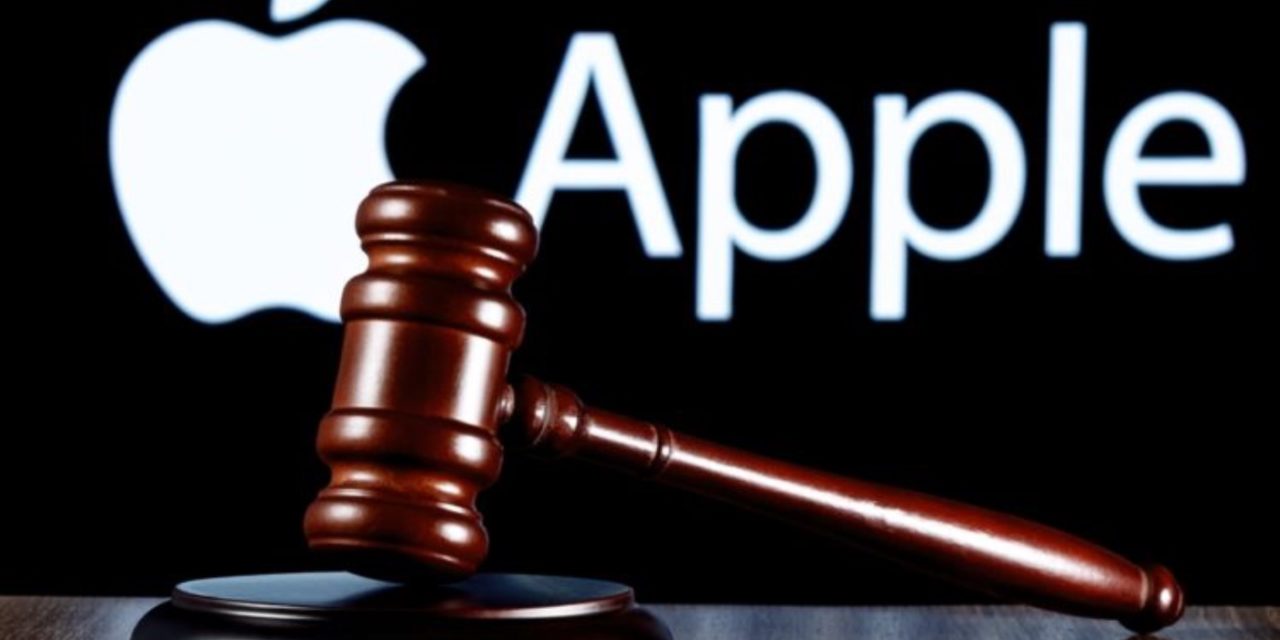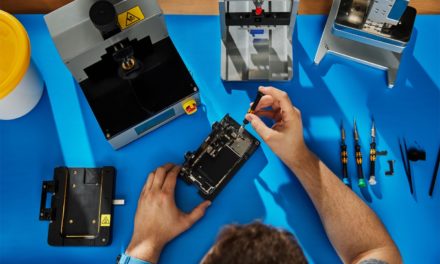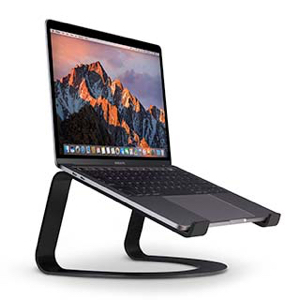The University of Wisconsin’s bid for a new trial was rebuffed by a U.S. appeals court in a long-running dispute between the school and Apple over computer processor technology that previously led to a US$506 million victory for the university, reports Reuters.
The U.S. Court of Appeals for the Federal Circuit upheld a Wisconsin federal court’s 2022 ruling that the university wasn’t entitled to a new trial following the appeals court’s 2018 decision to wipe out a jury’s verdict in its favor.
In early 2013, the Wisconsin Alumni Research Foundation filed a lawsuit saying that Apple’s A7 processor infringed a university-developed patent that improves “the efficiency and performance of contemporary computer processors.
The patent (number 5,781,752) is for a “table based data speculation circuit for a parallel processing computer.” Here’s the patent summary: “A predictor circuit permits advanced execution of instructions depending for their data on previous instructions by predicting such dependencies based on previous mis-speculations detected at the final stages of processing. Synchronization of dependent instructions is provided by a table creating entries for each instance of potential dependency. Table entries are created and deleted dynamically to limit total memory requirements.”
Apple was accused of implementing the patent’s technology in the company’s 64-bit A7 processor that powers the iPhone 5s, iPad Air, and iPad mini with Retina display. The complaint alleged that Apple was aware of the patent’s existence because it is cited in several newer patents issued to the Cupertino, Calif. company.
In October 2015, a U.S. jury ordered Apple to pay the University of Wisconsin-Madison’s patent licensing arm more than $234 million in damages for incorporating its microchip technology into some of the company’s iPhones and iPads without permission. The amount was less than the $400 million the Wisconsin Alumni Research Foundation (WARF) was claiming in damages. However, U.S. District Judge William Conley later increased the award to more than $506 million in 2017.
The Federal Circuit overturned the jury’s patent infringement decision in 2018. WARF asked for a new trial in Wisconsin the next year. Conley rejected WARF’s request in 2022. A unanimous three-judge Federal Circuit panel agreed with Conley on Wednesday.
I hope you’ll help support Apple World Today by becoming a patron. All our income is from Patreon support and sponsored posts. Patreon pricing ranges from $2 to $10 a month. Thanks in advance for your support.
Article provided with permission from AppleWorld.Today




